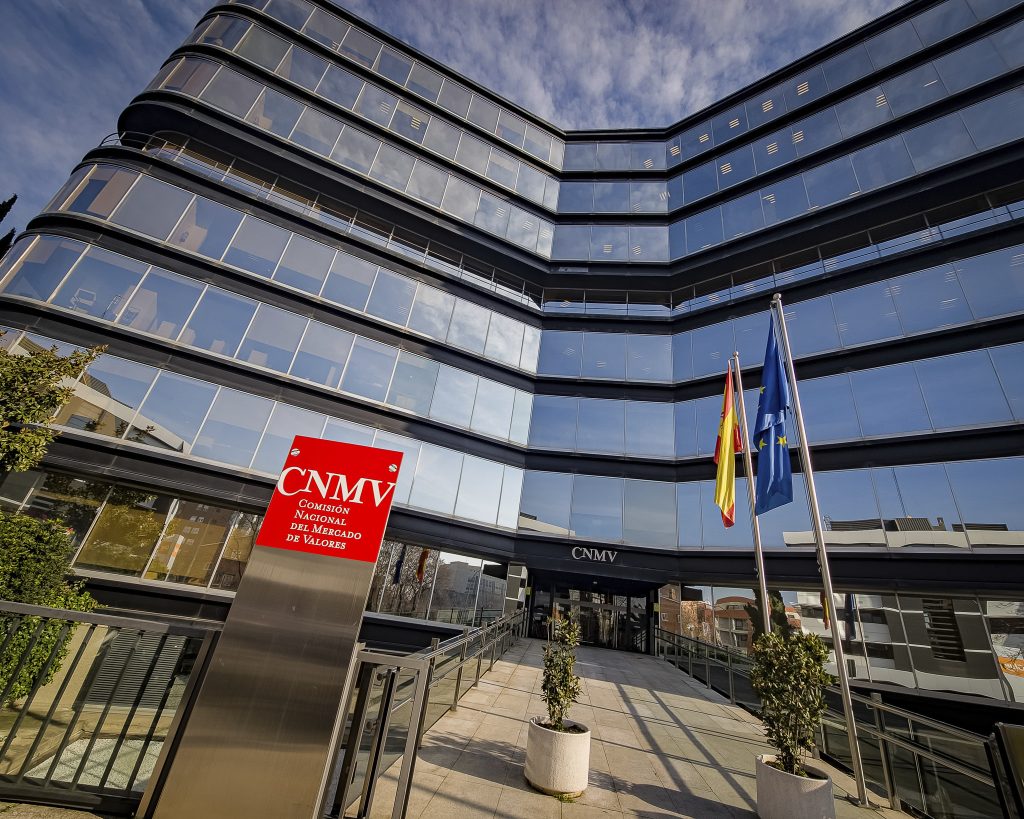New supervision criteria for alternative investment in Spain – Questions and Answers from the CNMV
The Spanish Securities Market Commission (CNMV) updated its Questions and Answers document on investment vehicle regulations during the months of March and April.
This update is particularly relevant for alternative investment vehicles, a concept that generally includes those with strategies focused on private equity, venture capital, direct lending, or real estate assets.
Although the document primarily refers to Spanish investment vehicles, some of the new criteria provided by the CNMV also have indirect relevance for foreign vehicles, including those established in European Union countries that are marketed in Spain.
Among the new criteria reflected in the Questions and Answers document, the following are worth noting:
1. Warehousing
The CNMV has established rules for situations in which management companies, or individuals and entities related to them, acquire assets, directly or personally, before the relevant investment vehicle is established (or registered with the CNMV), in order to transfer them to it later.
In these cases, the management team, in order not to miss investment opportunities at a certain moment, decides to make the investment using the management company itself or related individuals or entities, instead of waiting for the vehicle in question to be established. This situation can also occur in structures with parallel vehicles, in which, for certain reasons, one of them is established first to start investing, and then a portion of the acquired assets is transferred to the parallel vehicle that is established later.
The CNMV considers that these types of asset transfers can only be carried out in very exceptional circumstances, as they can involve significant conflicts of interest.
In order to prevent and manage these conflicts, the CNMV requires that management companies are able to demonstrate the exclusive interest that these transactions have for the parties involved and that the price of these transactions is the one that would be agreed upon between independent parties.
In addition, asset transfers must be approved by the body responsible for managing potential conflicts of interest within the vehicles involved, such as the supervisory committee, usually formed by the most relevant investors.
Investors must also receive information about the management company’s intention to carry out these types of transactions before formalizing their investment in the vehicle.

“The CNMV considers that these types of asset transfers can only be carried out in very exceptional circumstances, as they can involve significant conflicts of interest.”
2. Retail investors requesting to be treated as professionals
According to current regulations, when retail investors request to be treated as professional investors for investing in a specific vehicle, management companies or distributors must assess whether the investor meets at least two of the three requirements provided for in the securities market regulations, namely, (i) that the size of their portfolio is greater than 500,000 euros; (ii) that the investor holds or has held for at least one year a professional position in the financial sector, and (iii) that the client has carried out transactions in the financial market.
Precisely, in relation to this last requirement and taking into account the characteristics of these investment vehicles, the CNMV clarifies that, in order to verify compliance with this requirement, it must be assessed whether the investor has previously carried out investment transactions of a significant volume and with a frequency that is sufficient in the relevant market of the vehicle in question.
Another important aspect indicated by the CNMV is that management companies must refrain from encouraging or promoting retail investors to request to be treated as professionals, for example, by providing them with questionnaires or documents in which they self-declare as professional investors within the set of documentation they have to sign in order to invest in the vehicle.
3. Reverse solicitation
Retail investors can invest in vehicles aimed at professional investors as long as they do so on their own initiative, through what is known as “reverse solicitation“.
The CNMV has developed some criteria that should be taken into account to assess whether there is a real and genuine initiative on the part of the retail investor. In this regard, it considers that it would be difficult to argue the existence of such an initiative if there is personal contact between the investor and the management company or the distributor, regarding the investment in a specific vehicle, or if there is any internal policy of incentives for the personnel of the management company or distributor. In addition, the management company must keep custody of the evidence that proves the client’s initiative (such as recordings of phone calls, emails, etc.), and a mere signed declaration by the investor requesting to invest in the vehicle will not be sufficient.
These same criteria regarding Spanish vehicles would be applicable to cases in which Spanish retail investors request to invest on their own initiative in foreign vehicles that cannot be actively marketed in Spain among retail investors.
“The CNMV has developed some criteria that should be taken into account to assess whether there is a real and genuine initiative on the part of the retail investor. In this regard, it considers that it would be difficult to argue the existence of such an initiative if there is personal contact between the investor and the management company or the distributor, regarding the investment in a specific vehicle, or if there is any internal policy of incentives for the personnel of the management company or distributor.”
4. Investment in cryptocurrencies
Finally, and in line with the position taken by other European supervisors, the CNMV clarifies that it has not approved any open-ended collective investment fund (UCITS or quasi-UCITS) aimed at retail investors with exposures to financial instruments whose return is linked to cryptocurrencies and that do not include an implicit derivative (such as exchange traded commodities (ETC), exchange traded notes (ETN), or any “delta one” instrument) above the so-called free disposal ratio (that is, more than 10% of the fund’s assets).
Furthermore, in the current environment, the CNMV considers it highly unlikely to approve this type of fund that intends to maintain exposures exceeding such assets.
The CNMV maintains the same position regarding “institutions de inversion libre” (the so-called Spanish hedge funds) that are marketed to retail investors, despite this type of investment having a greater investment freedom. However, when these funds are exclusively marketed to professional investors, they may maintain exposures to cryptocurrencies through delta one instruments or financial derivatives, as long as the settlement of the derivative does not involve the delivery of cryptocurrencies. In any case, the management company must have strong controls and personnel with adequate knowledge about these assets.
Authors

Miguel Sánchez Monjo
Partner
Cuatrecasas
Search posts by topic
Advisory (6)
Alternative Investment (23)
Alternative investments (2)
AML (1)
Art (1)
Asset Management (24)
Banking (16)
Compliance (1)
Crypto-assets (3)
Digital banking (6)
Diversity (6)
EU (6)
Family Businesses (3)
Family Offices (2)
Fintech (10)
Fund distribution (20)
Governance (8)
HR (8)
ICT (1)
Independent Director (5)
Insurance (1)
Internationalization (1)
LATAM (8)
Legal (9)
Private Equity (4)
Reinsurance (1)
Sustainable Finance (23)
Tax (15)
Technology (6)
Transfer Pricing (2)
Trends (16)
Unit-linked life insurance (6)
Wealth Management (11)


